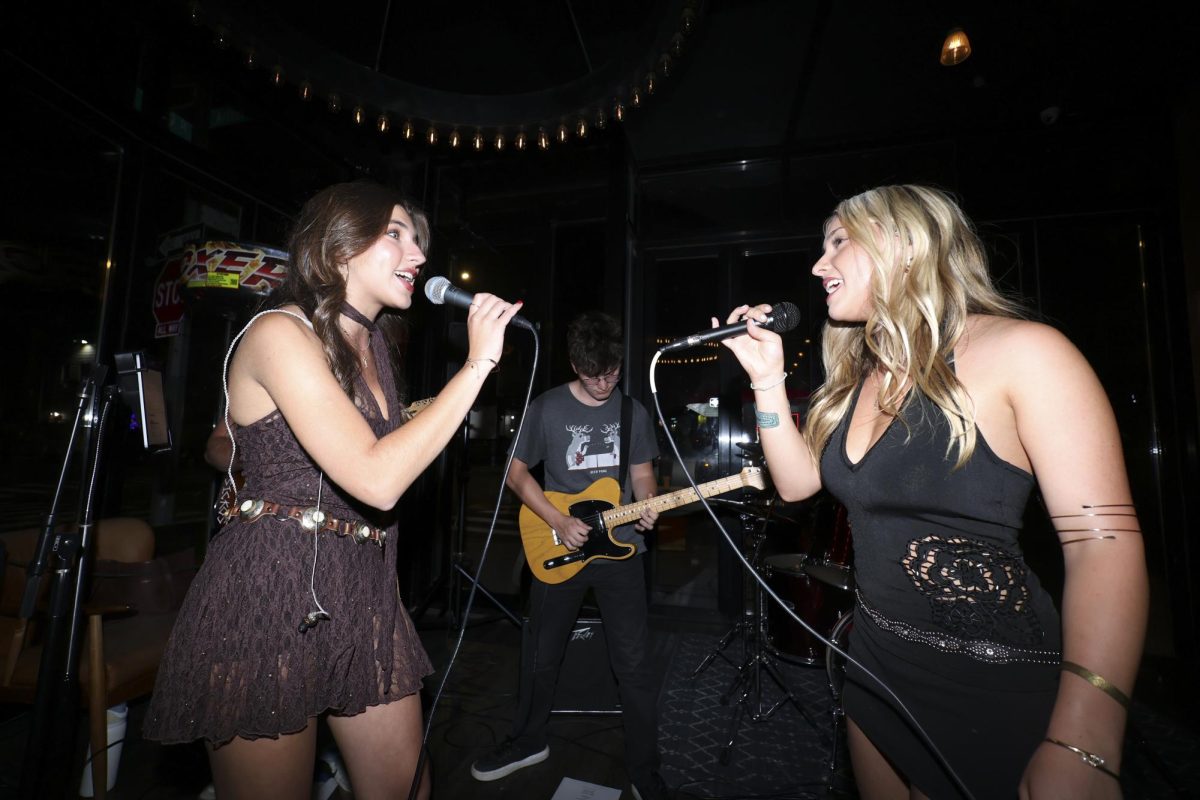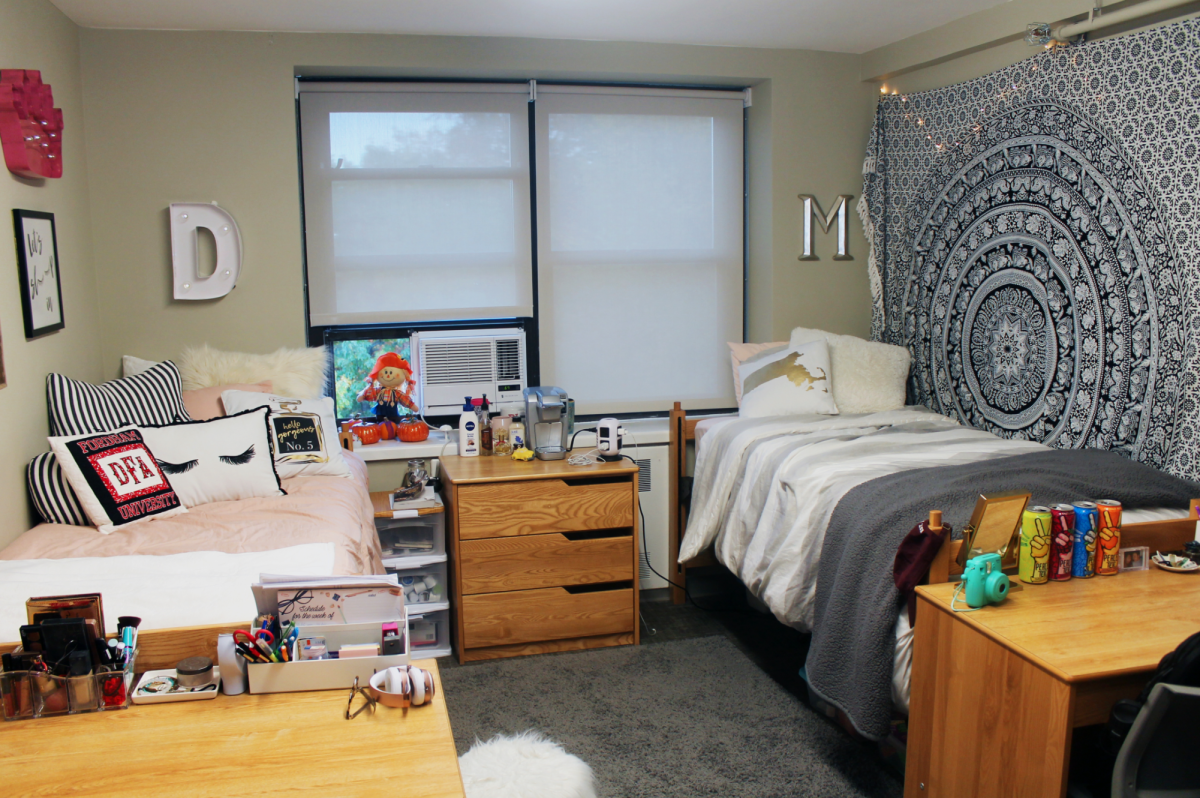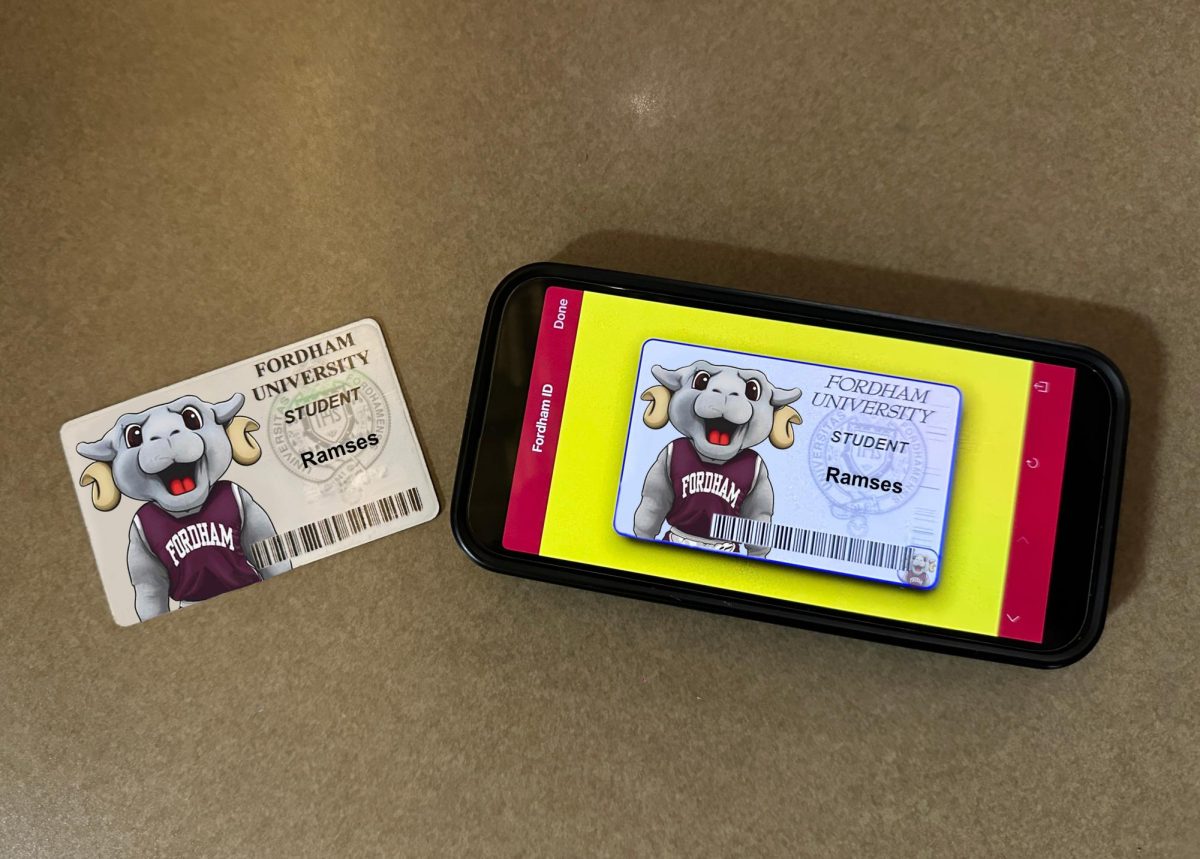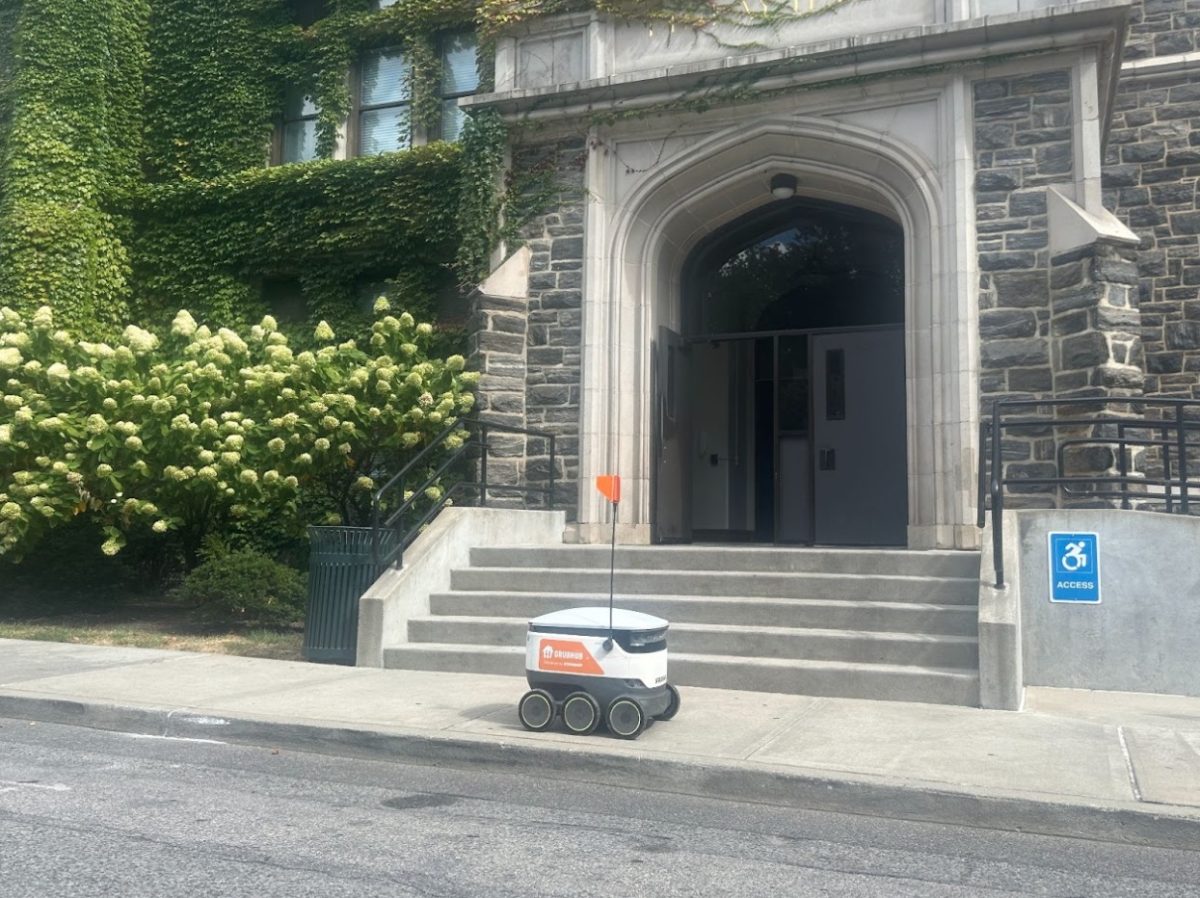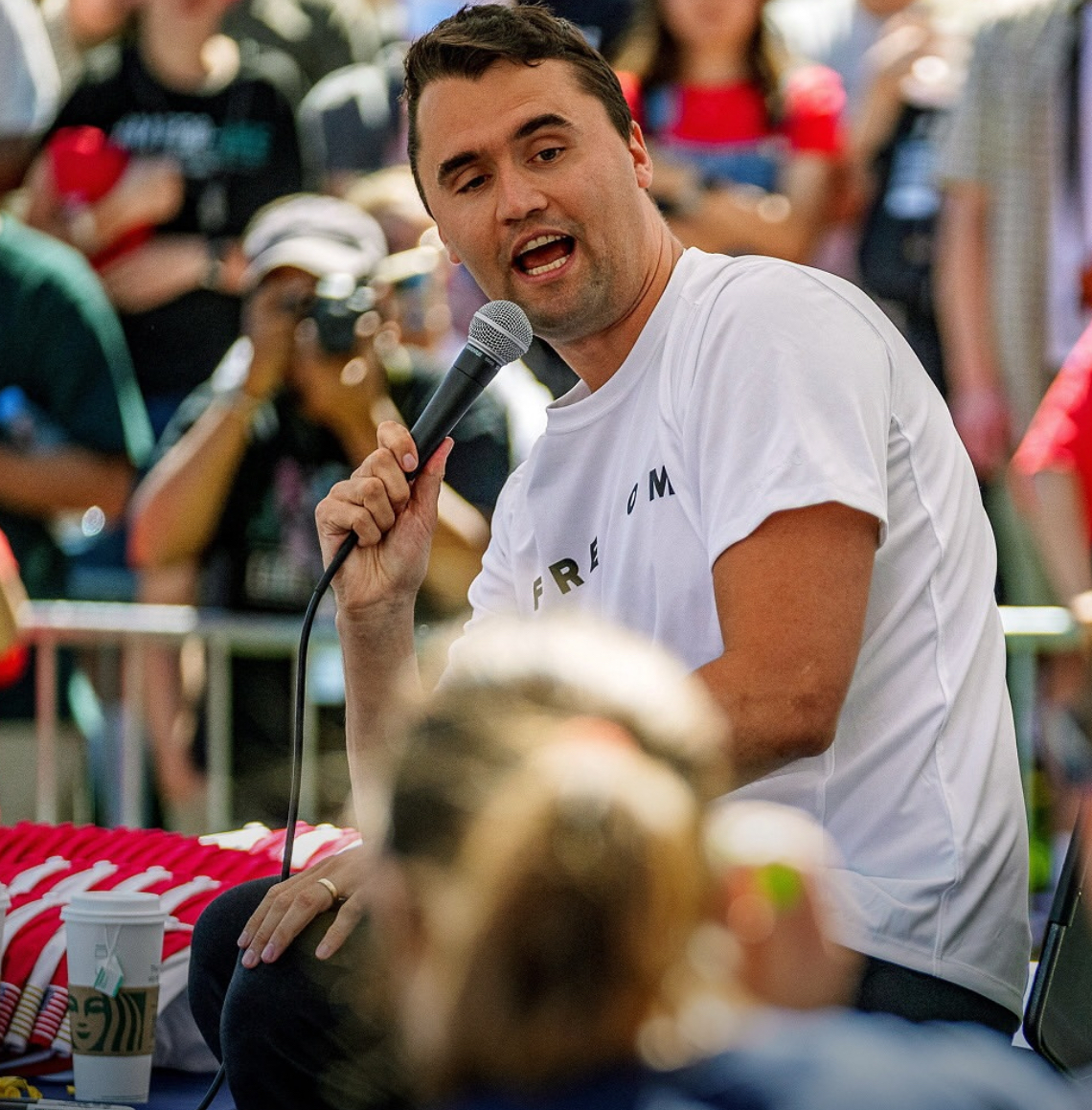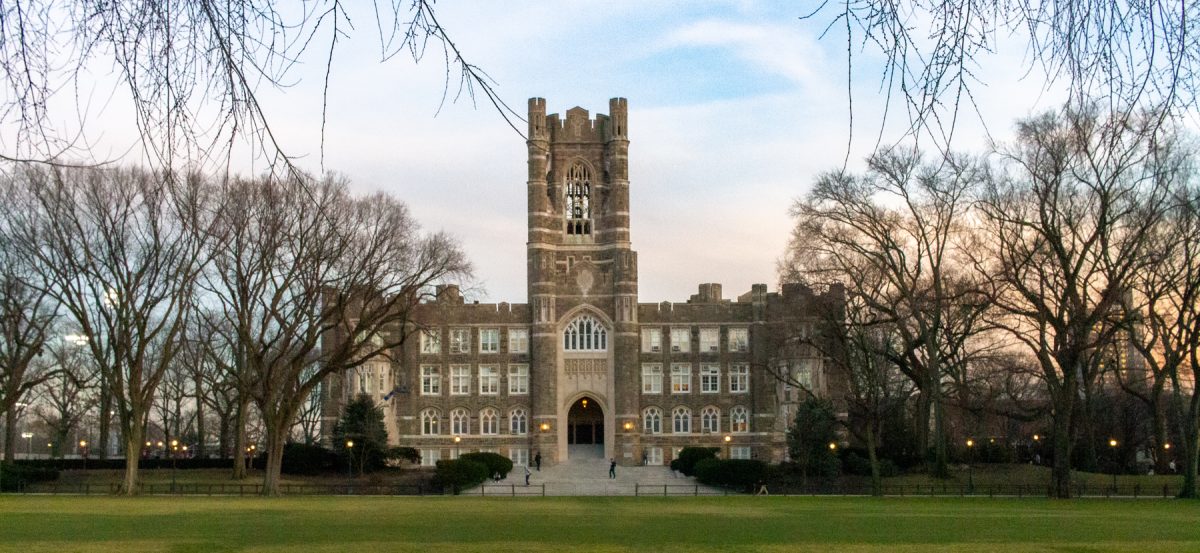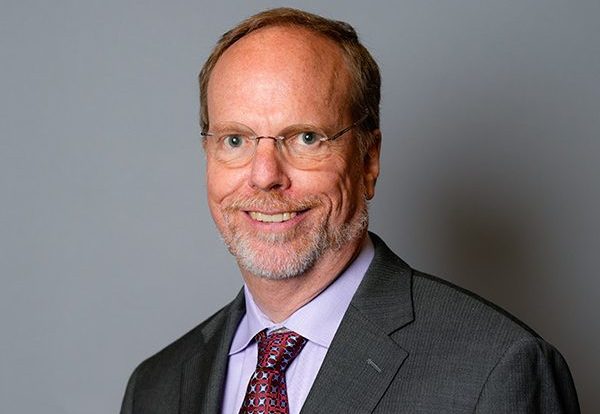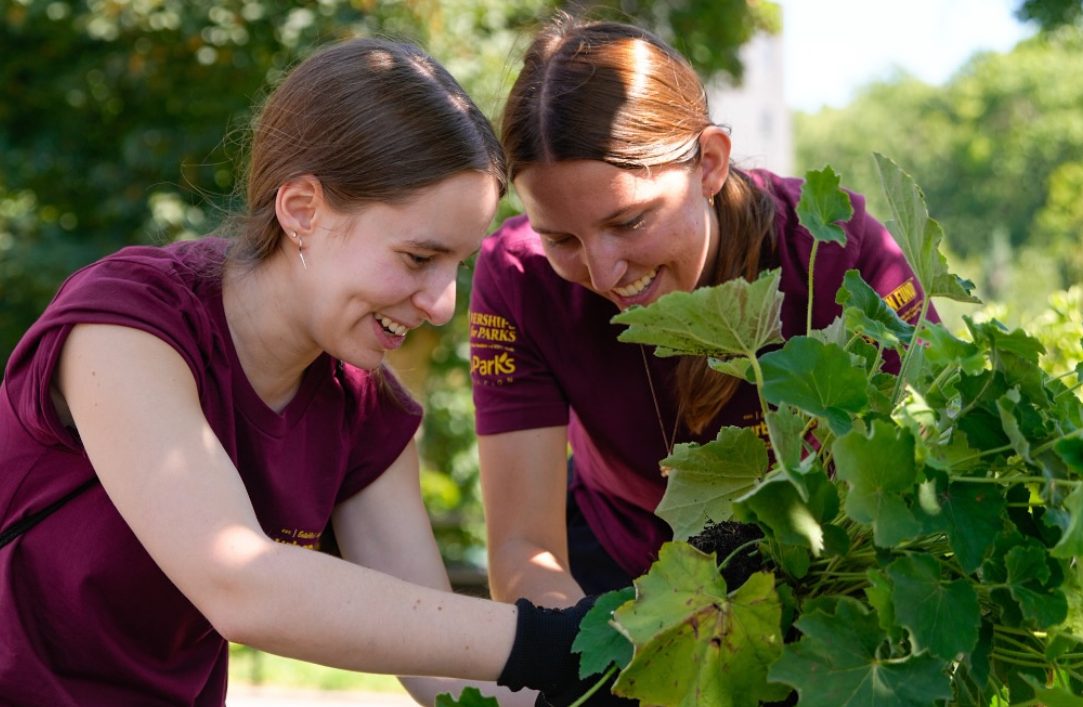By ELIZABETH ZANGHI
PHOTO EDITOR

Many students know Ryan Conroy, FCRH ’15, as the kid from Alaska. But to a group of children in Little Senegal, he is something much more.
Little Senegal, or Le Petit Sénégal, is a West African immigrant community in Central Harlem. Conroy, an Alaska native, found out about the neighborhood when speaking with a street vendor whom he noticed was wearing Senegalese clothing. Following the vendor’s advice, Conroy went to Little Senegal.
“The atmosphere is almost decadent down there — people are walking in and out wearing traditional clothing, long robes in white and gold and indigo,” Conroy said. “People are speaking French and Wolof and Arabic and Fulani, people are boiling mint tea and delivering Thiévoudienne — it’s nuts.”
When he traveled to the neighborhood, he found the Association for Senegalese in America (ASA), the community center of Little Senegal.
“I talked to Kaaw Sow about what I could do,” Conroy said, referring to the community center manager, “and he said he would have kids come in for homework help.” That was last year, and Conroy has been tutoring children at the community center ever since.
Conroy said he eventually realized that he could use some help.
“The demand for tutoring was much greater than supply, so I thought I would ask some other students if they were interested,” Conroy said. “Jon [Rooke, FCRH ‘15] got involved, and we started to see that it could be an important supplement to school.”
Together, Conroy and Rooke formed a group of 15 to 20 Fordham students from Rose Hill and Lincoln Center.
“We started talking to professors, asking if they would advertise the opportunity to their students, and it’s moving from there,” Conroy said.
Rooke took over scheduling shifts, and he now plans to have tutoring available five days a week from 3:00 to 7:00 in the evening.
“It has the ability to be something really cool,” Conroy said. “It’s still a young program, but now the ASA community center has English tutors throughout the week.”
On Thursday, Feb. 7, Conroy, Rooke and four other students took a trip to the community center. It is a small building with only one main room, a smaller back room and an office, but every inch of space was being used. Besides tutoring, the center offers support to the people of the community.
“When they come here, we try to help them by giving them appropriate assistance,” Sow said as a line of at least five men formed outside his office. One of them was a student from City University of New York named Papa, who was waiting to have a document translated.
Papa has been in America for four years, and he speaks perfect English, but when he was told that the Fordham students were there to tutor children he immediately affirmed that there is a need. He pointed to a boy who was sitting at a table and explained that he had only been in America for two months.
When the boy was asked if he could have his picture taken, he smiled and made it clear that he did not understand what was being asked. Even when asked in French, he had to turn to Papa who was able to ask him in another language, presumably Wolof, one of the main languages of Senegal.
The need for the tutoring was very clear, and Sow explained that people like those in the Fordham community can help.
“We’ve been trying to have people help for so many years,” Sow said, “but this has been the best year.”
Both Rooke and Conroy expressed optimism that the project would continue to reach more Senegalese children.
“I think we should give as much help as we can,” Rooke said while he rode the B train on his way to Little Senegal. “It’s the least I can do.”
“It is so important you have a good time in school, and these kids weren’t,” Conroy said. “Imagine getting math word problems about orange juice or something in another language.”
Sow agreed, saying that most of the children being tutored went to French schools in Senegal and have trouble keeping up in their English-speaking classes.
“They have problems catching up with their classmates because their English is not so good,” Sow said. “They need to make an extra effort at home or somewhere else.” For many of the children, the community center is that place.











